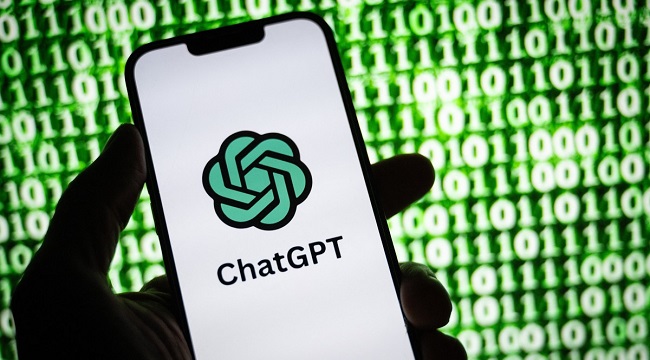At the Munich Security Conference, Google’s CEO Sundar Pichai voiced optimism about the potential of artificial intelligence (AI), in fortifying global defenses against cyber threats.
Despite prevailing concerns over AI’s misuse, Pichai contended that these tools could expedite the identification and mitigation of hostile cyber activities for governments and corporations alike.
With cyberattacks escalating in frequency and sophistication, Pichai underscored their detrimental impact on economies, citing estimates of $8 trillion in damages in 2023, projected to soar to $10.5 trillion by 2025. Though reports, including one from Britain’s National Cyber Security Centre, caution that AI might exacerbate cyber risks by facilitating malicious activities such as ransomware attacks, Pichai countered that AI could tilt the scales in favor of defenders.
In explaining AI’s advantage, Pichai emphasized its ability to enable defenders to detect and counter threats more effectively, thus diminishing the asymmetrical challenge faced by cybersecurity teams. To support this stance, Google unveiled a new initiative leveraging AI tools and infrastructure investments to bolster online security. Among these resources is Magika, an open-source malware detection tool, complemented by a white paper advocating for responsible AI governance to curb potential misuse.
The implementation of these AI solutions is already underway within Google’s ecosystem, including its flagship products such as Chrome and Gmail, as well as internal systems. This proactive approach by Google signals a commitment to harnessing AI’s potential in safeguarding digital assets and mitigating the evolving threat landscape in cyberspace.



